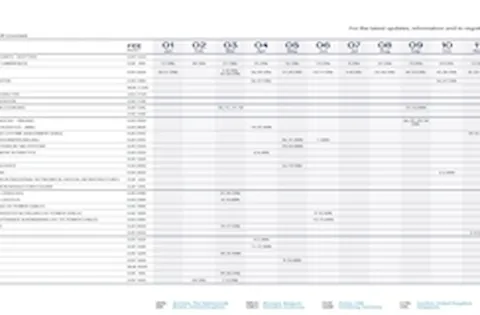Electricity Supply System introductory training course
This two-day introductory training course explains the essentials of electricity generation, electricity supply and markets. Terminology, grid structures and grid components, market players and the coordination of supply and demand will be discussed. The layout, operation, quality and protection of the electricity grid are also addressed. The basic principles will be related to new developments, such as smart grids and renewable generation.
In the context of your work, have you ever asked yourself the following questions?
- Who are the stakeholders in the electricity supply system, and what are their roles and responsibilities?
- How does the electricity supply system work, and what are its main components?
- What safety and protection systems are in place in the grid?
- What exactly is the difference between current, voltage, power and energy?
- What are active and reactive power, and why are they important?
- How is network power quality influenced?
- How are supply and demand matched in electricity markets, and what can the role of storage be?
- How is it decided which production units supply electricity?
- What is meant by power flow and network congestion?
- What effects do renewable energy resources have on the grid and the market?
If you have, this course is the ideal way to improve your basic knowledge of the electricity supply system.
Subjects:
- Basics:
- voltage, current power and energy
- electromagnetic fields
- Ohm's law
- conductors, insulators, inductors and capacitors
- transformers
- batteries and inverters
- active and reactive power - Grounding and protection:
- grounding systems
- overcurrent protection - Grid structure:
- function and voltage levels
- grid components
- availability/reliability - Direct current vs. alternating current, three-phase systems
- Load and generation:
- grid capacity
- distributed and renewable generation, load and coincidence
- power flow and voltage control
- load duration curve - Electricity markets:
- the European electricity system
- trading and balancing
Target Audience:
Anyone whose work involves the electricity supply system directly or indirectly, and who wants to increase their understanding of the related issues.
This course is also available on request in English or Dutch (course content, location and duration can be adapted to your specific wishes). Please contact us for more information.


